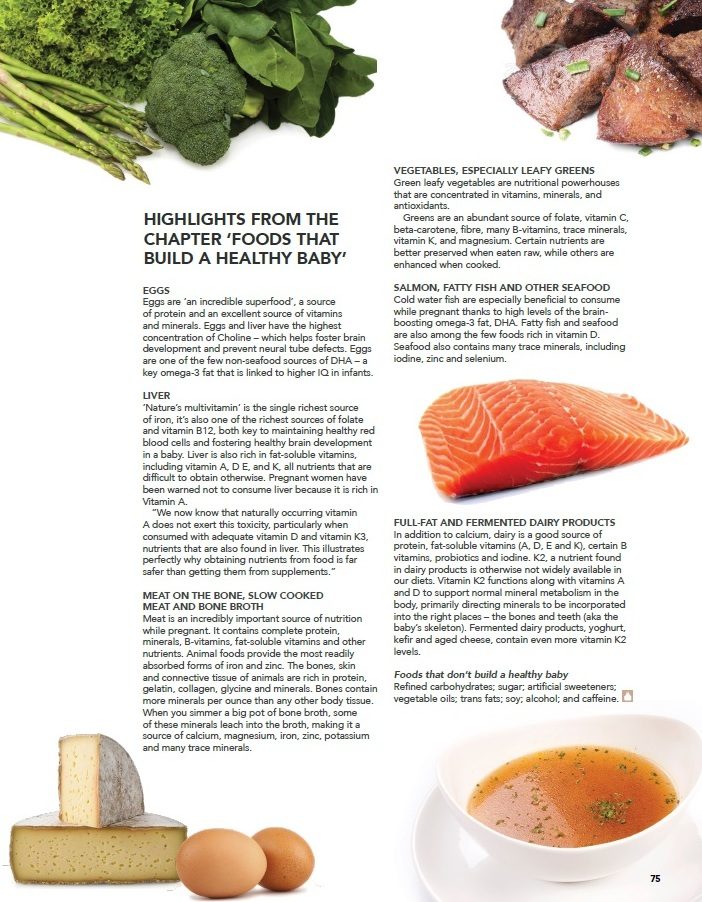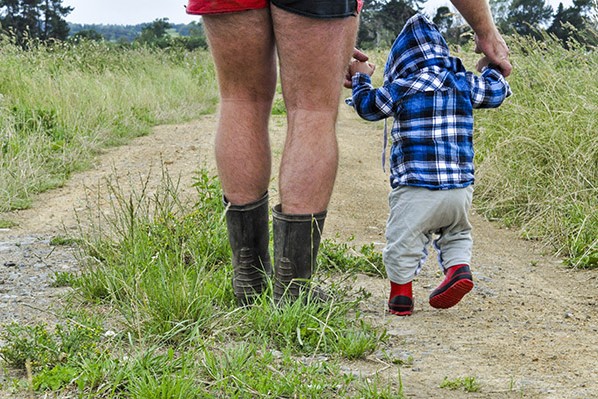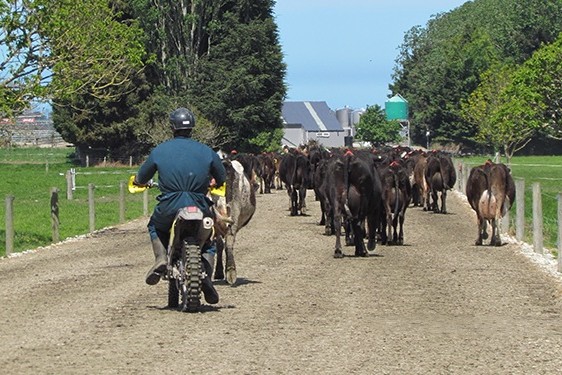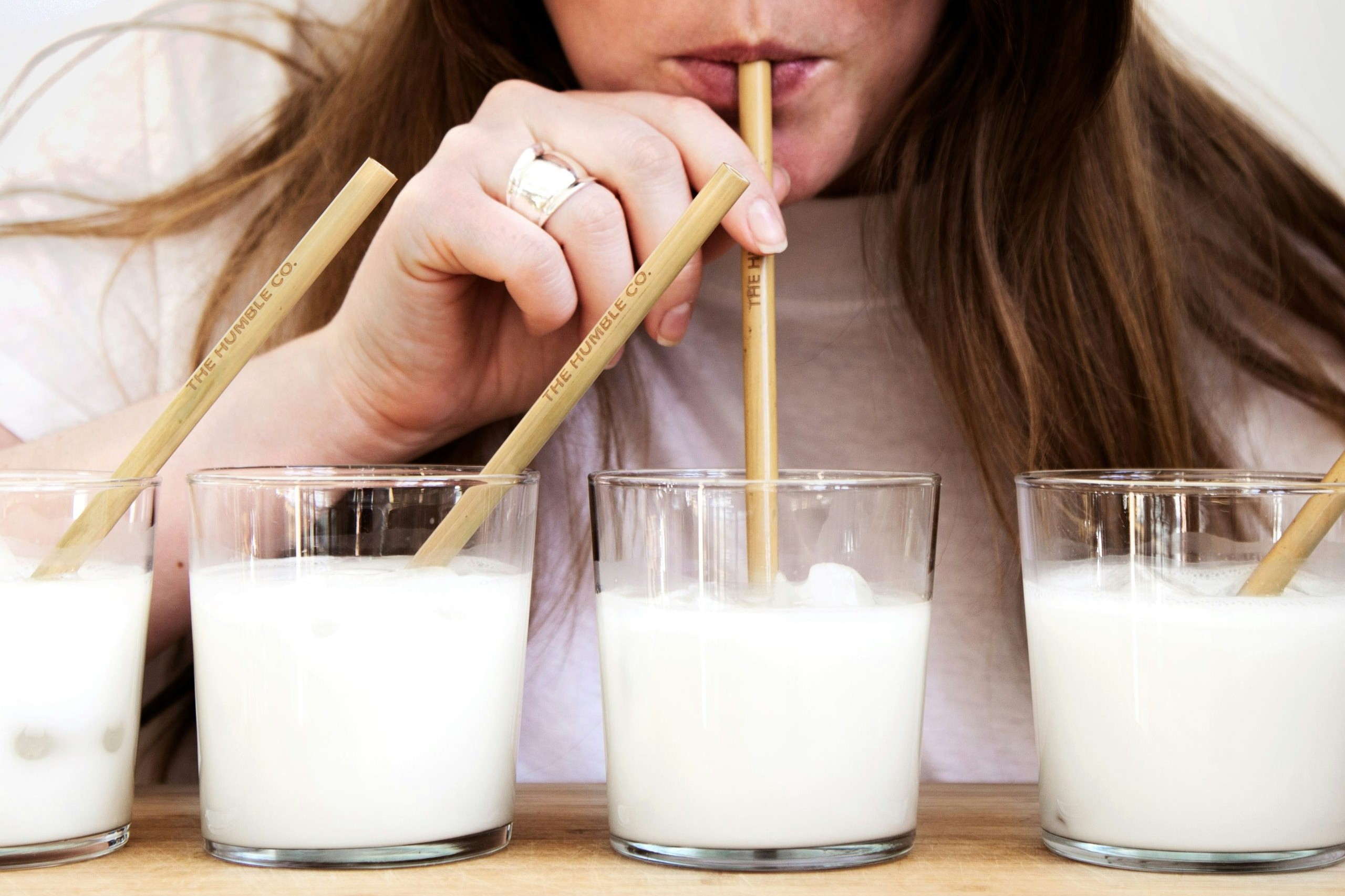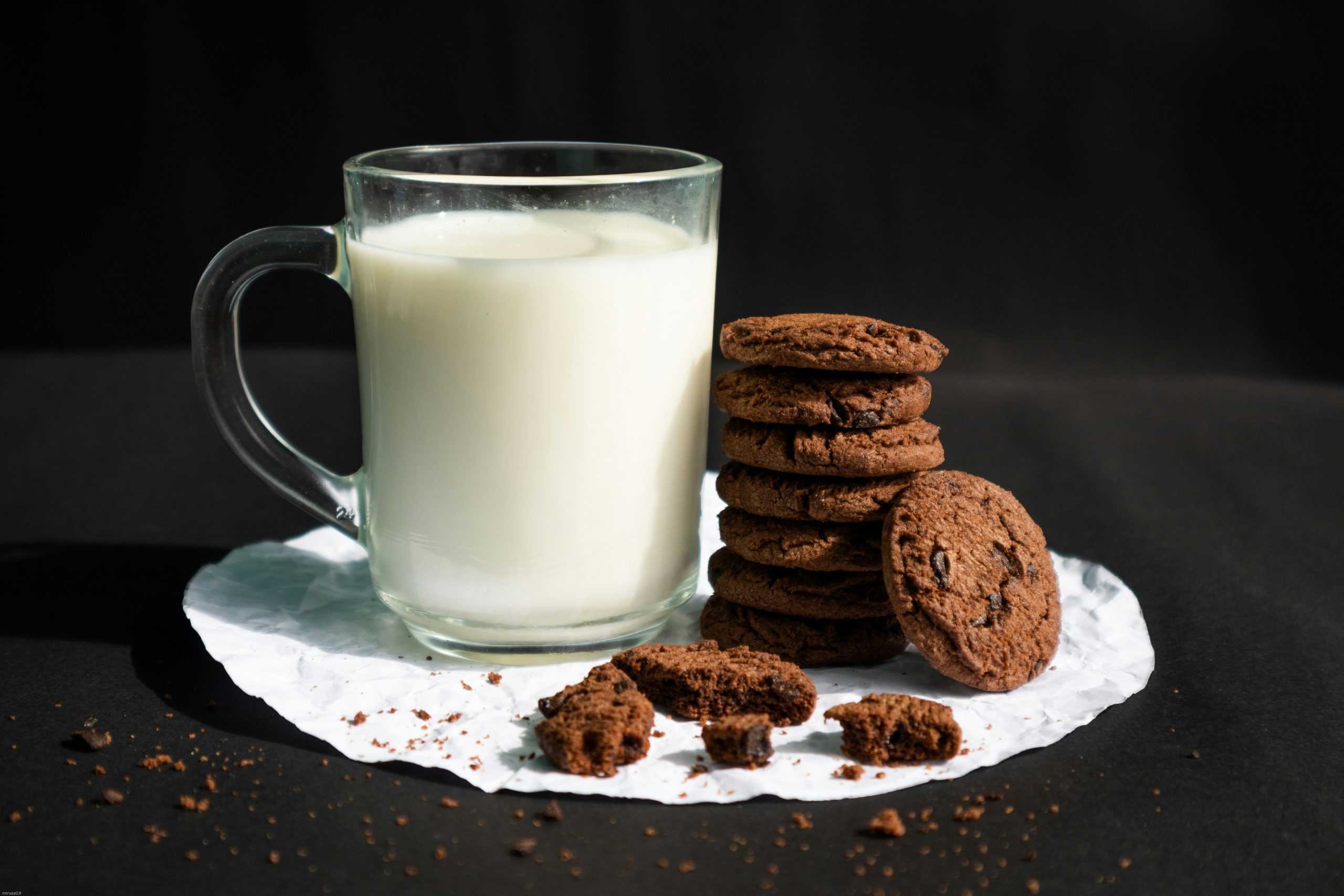Sheryl Haitana
Important announcement – I’m pregnant, Baby Haitana is due in August and Ian and I are pretty excited to start the new chapter of our lives.
Fortunately, I currently write about dairy farming and am not working onfarm expecting a lot of four-legged babies at the same time, so the maternity leave should work in okay.
During my research on pregnancy I came across an interesting podcast and went on to buy the book ‘Real Food for Pregnancy’ by Lily Nichols. I had managed to stumble on to a farming girl’s dream book of nutritional advice, reassuring me that eating my core diet of meat, eggs, lots of dairy and vegetables was right on track. She has even convinced me to revert to cooking in animal fat instead of vegetable oils. Just like mum used to.
In fact, a lot of the messages are going back to ‘just like mum used to’.
Her top foods to grow a healthy baby are eggs, liver, meat on the bone, slow-cooked meat and bone broth, vegetables – especially leafy greens, salmon, fatty fish and other seafood; and full fat and fermented dairy products.
We follow that diet generally in our household anyway but my Maori husband is stoked to be having a boil-up and liver on the menu more regularly. Lambs fry is the one food I’ve never been able to eat, but I’ve managed to use a couple of the book’s recipes to hide the liver so I can stomach it. I guess this is just the start of the sacrifices a parent makes.
For me, what stood out reading this book was how important animal foods are in a healthy pregnancy and a baby’s development.
With the increasing wave of veganism, driven largely by people’s environmental consciousness, are we going to see issues with fertility and healthy babies born in the future? Are we going to look back in 30 years and wonder what the hell we were thinking? When you consider the complex way nutrients are absorbed and processed by the body are synthetic foods going to be able to recreate that?
It has reassured me how important our farmers are to us and why the future for real dairy and beef products is always going to be strong.
The book emphasises the importance of eating real food while pregnant – food that is made with simple ingredients that are as close to nature as possible, and not processed in a way that removes nutrients. Where possible, the recommendation is to eat pasture-raised eggs, meat and dairy products, stating grass-fed animal foods have higher sources of vitamins and lower levels of pesticides. This is another tick for New Zealand farmers and the products we produce in my view.
Lily Nichols, an American registered dietitian, nutritionist and certified diabetes educator, looked at the science behind the United States’ conventional nutritional guidelines versus a traditional, ancestral diet for pregnant women. She goes through the nutrients needed by a pregnant woman, listing the benefits to both mother and baby, and what food these nutrients are found in. She also looks at how these nutrients work in tandem, aka why we need to eat protein sources with fat such as chicken with the skin on it.
She also looks at supplements, and suggests supplementation only goes so far. She points out that not all nutrients found in animal foods are available in supplemental form, nor are they as easily absorbed or provided in the synergistic quantities found in whole foods. Basically it is hard to copy Mother Nature through supplementation.
Lily says the challenge of a vegetarian diet during pregnancy is a ‘nutritional dilemma’. Vitamin B12, choline, glycine, preformed vitamin A, vitamin K2, DHA, iron and zinc are a challenge to obtain in a vegetarian diet.
“I cannot ethically endorse a fully vegan diet during pregnancy, however with very careful planning and supplementation, a vegetarian diet that includes eggs and dairy may be able to meet the high micronutrient needs of pregnancy.”
It is messages and information like this that our NZ farmers need to continue to share, rejoice in the knowledge that you are producing a real food product that is essential. In the meantime, Baby Haitana thanks you for all the milk, cheese and yoghurt.
